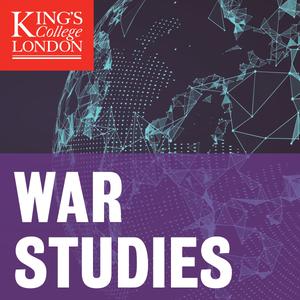🚀 From Google Podcasts to Moon FM in No Time: Your Hassle-Free Migration Guide
👉

Welcome to the War Studies podcast. We bring you world-leading research from the School of Security Studies at King’s College London, the largest community of scholars in the world dedicated to the study of all aspects of security, defence and internation
Your feedback is valuable to us. Should you encounter any bugs, glitches, lack of functionality or other problems, please email us on [email protected] or join Moon.FM Telegram Group where you can talk directly to the dev team who are happy to answer any queries.